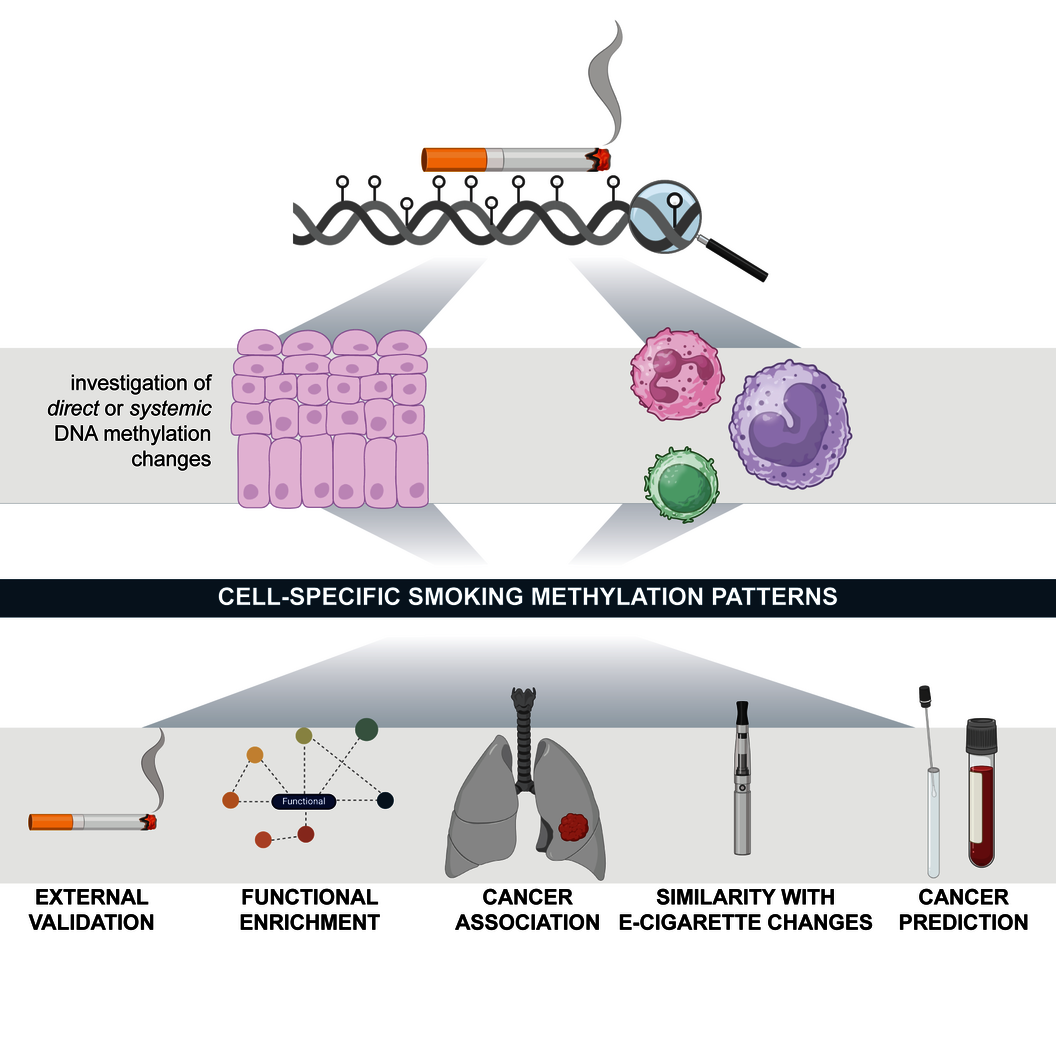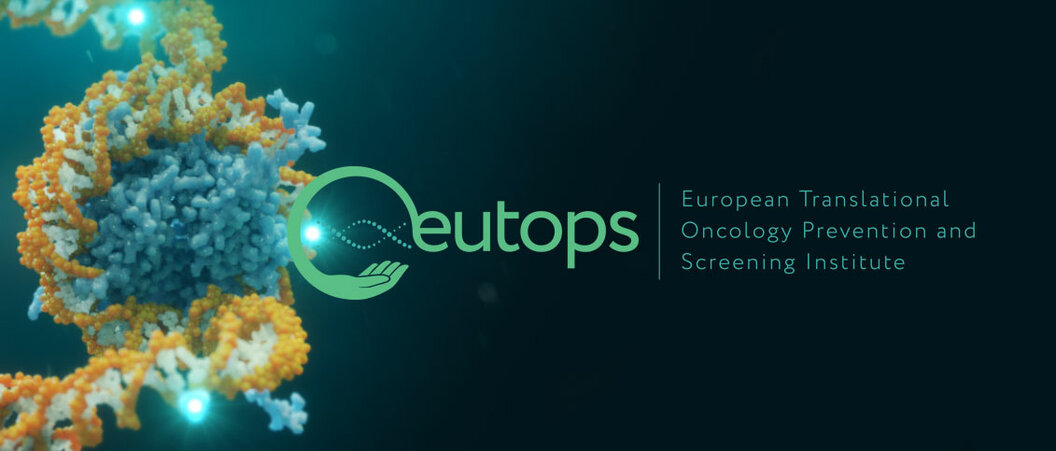A huge congratulations from the whole team at EUTOPS goes to lead EUTOPS Computational Biologiist Dr Chiara Herzog who was recently awarded the AGO Austria Young Scientist Award for her work on the WID-qEC endometrial cancer detection test.
The Award, supported by Novartis Österreich, recognizes outstanding contributions to scientific research in the field of gynecological oncology and senology. The decision was made by the Scientific Committee of the AGO Austria on the basis of an evaluatoin of the quality of submissions and their significance for the field.




